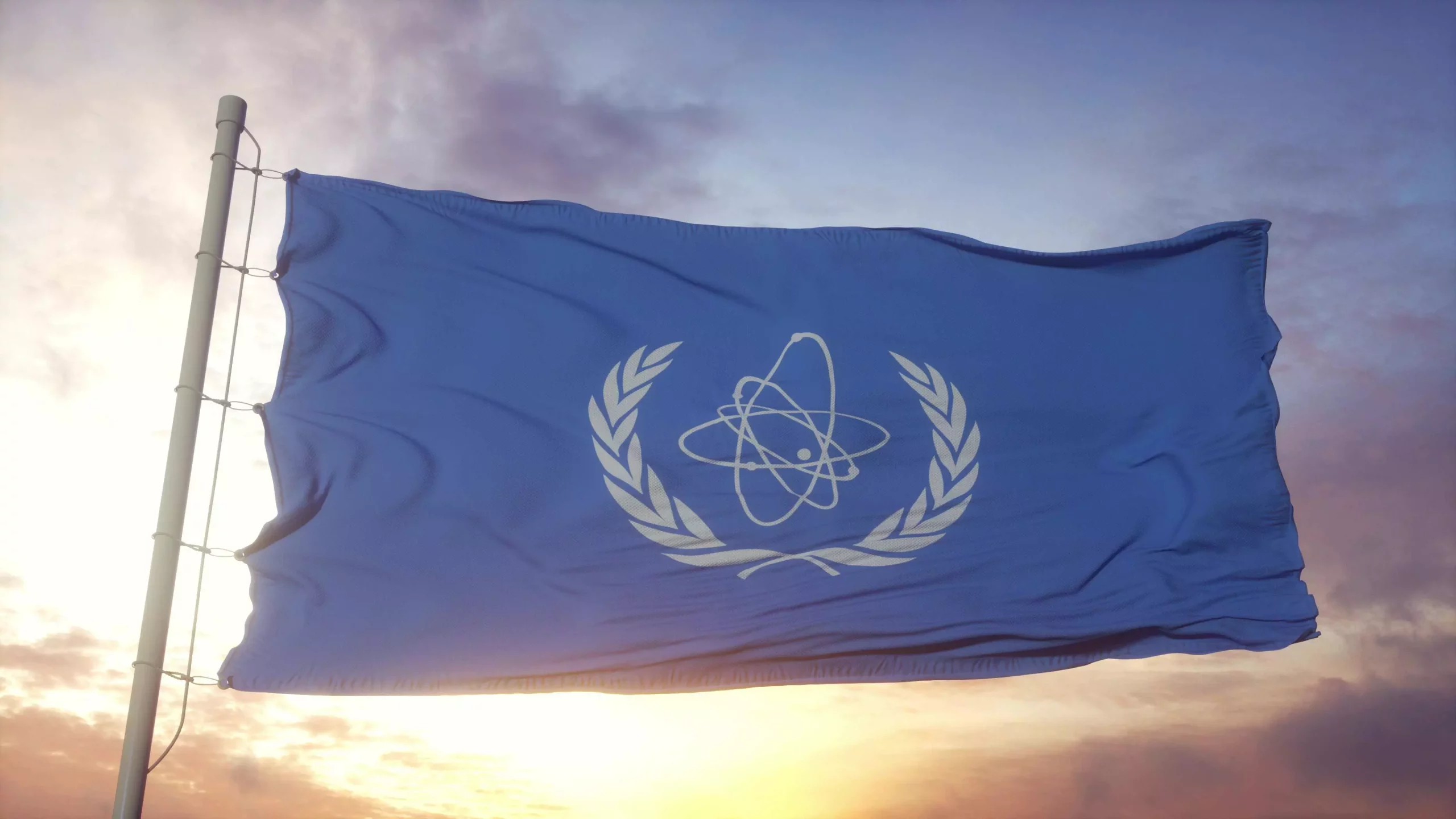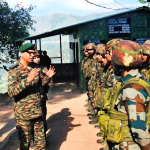The International Atomic Energy Agency (IAEA) has confirmed that there has been no radiation leak or nuclear release from any facility in Pakistan following India’s recent military offensive, Operation Sindoor. The statement, aimed at quelling speculation of a nuclear incident, follows days of heightened global concern after Indian precision strikes on terror infrastructure in Pakistan and Pakistan-occupied Jammu and Kashmir.
In an official communication, the IAEA stated: “Based on the information available to the IAEA, there has been no radiation leak or release from any nuclear facility in Pakistan.” The announcement comes amid reports suggesting potential strikes near Kirana Hills in Sargodha—a site long associated with Pakistan’s nuclear weapons development.
The Indian Air Force, however, categorically denied targeting any nuclear installations. Air Marshal A.K. Bharti, Director General of Air Operations, told reporters on May 12, “We have not hit Kirana Hills, whatever is there,” adding with irony, “Thank you for telling us Kirana Hills houses nuclear installations.”
Operation Sindoor was India’s retaliation for a deadly terrorist attack in Pahalgam, Jammu and Kashmir, which claimed 26 lives, including a Nepali citizen. The operation involved airstrikes on May 7 across nine terror-linked sites, including radar stations and communication hubs, leading to Pakistan’s failed counter-strikes from May 8–10. The escalation ended with a ceasefire agreement brokered during DGMO-level talks on May 10.
Despite India’s clarification, international anxiety was fueled by the reported presence of a U.S. Nuclear Emergency Support Team aircraft near Pakistani airspace and the alleged arrival of an Egyptian military plane carrying boron—a chemical often used to mitigate radiation effects. These movements prompted theories of a nuclear leak, with some foreign analysts suggesting a strike may have impacted sensitive areas.
Former U.S. President Donald Trump added to the narrative by asserting that American diplomacy had helped avert a nuclear disaster. “We stopped a nuclear conflict. I think it could have been a bad nuclear war. Millions could have died,” Trump said, crediting Vice President JD Vance and Secretary of State Marco Rubio for their efforts.
Pakistan’s nuclear program remains outside the Nuclear Non-Proliferation Treaty (NPT) and has long operated under a veil of secrecy. While some civilian nuclear facilities are under IAEA safeguards—such as the Karachi Coastal reactors—the agency does not monitor Pakistan’s military nuclear sites, where the risk of operational or accidental hazards remains a concern.
The IAEA’s confirmation provides short-term relief, but the incident has reignited global scrutiny over Pakistan’s nuclear security—especially amid military conflicts. As both nations observe a fragile truce, the international community has called for greater transparency, clearer civilian-military separation, and enhanced nuclear safety protocols in the volatile South Asian region.













